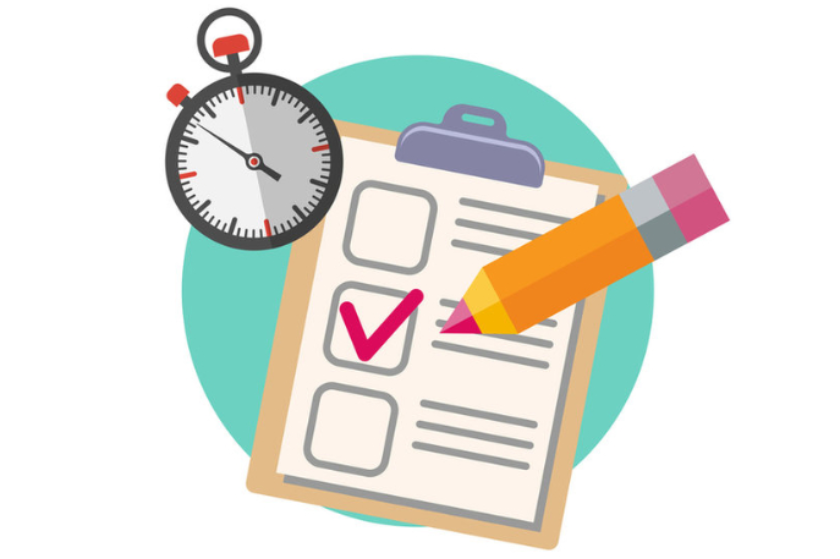
When a child struggles in school, teachers and pediatricians may recommend a psychoeducational evaluation. This testing process measures a child’s academic achievement levels, cognitive skills and information processing abilities. It can also uncover behavioral and emotional issues and learning disabilities. The testing aims to find the source of the child’s academic struggles so that the proper help can be provided.
However, once the test results come back, parents often find they don’t understand what the psychoeducational evaluation tells them about their child, beyond a summary provided by the testing center’s psychologist. Reports typically explain weaknesses, but many times they’re in a “language” parents (non-psychologists) don’t understand. Often, no scores are presented. Not that parents are trained to understand those, either!
Oftentimes, a child tests average, so a parent is still left wondering why the child struggles academically. If a learning disability is uncovered, then the question becomes what course of action should be taken. Practically, parents must rely on experts in psychology and learning disabilities to help them ferret out their child’s issues and devise an effective individual program. But parents can also be well-equipped to prepare themselves for this particular journey and to ask the right questions along the way. Ahead are a few tips that will help parents before they embark upon the psychoeducational evaluation process with their child.
Understand What Cognitive Skills in a Psychoeducational Evaluation Reveal
A psychoeducational evaluation measures individual cognitive skills, which make up some of the components of learning. Did you know that there are three main cognitive processes needed for reading? Or that there are four types of attention? There are also four types of memory. If any of these components test low on a psychoeducational evaluation, learning can be difficult. In addition, all of the skills interlock and affect each other. For example, in order to read well, a child needs to have all the reading skills, plus the skill of sustained attention. As we often see, a child diagnosed with ADD suffers with a lack of sustained attention and therefore struggles to read.
However, allowing a child extra time to complete a test will not help if the problem is with the child’s vision, not attention or comprehension! Our visual span (center and peripheral vision working together) is a measurable cognitive process that dictates how quickly we can read. You can see why a child cannot be successful in school unless the specific aspect of his or her disability is identified and addressed. This includes not only focusing on overall scores in each area, but also the sub scores for each cognitive skill.
Ask for the Sub Scores from the Psychoeducational Evaluation
Asking for the sub scores from a psychoeducational evaluation makes a lot of sense when you think about it. After all, an average blends high scores and low scores. That is the definition of an average. A child can score above average—even gifted—in certain areas, but if other areas are lacking, the average smooths out the very low numbers and hides the problem. You will only see the very high and very low scores if you look at the sub scores. The sub scores contain clues as to what exactly is hindering your child’s academic success.
For example, a child may show reading skills in the 46th percentile, which is average. Upon closer inspection, if the sub score for letter-word identification is at the 68th percentile and reading fluency is at the 60th percentile, but comprehension is at the 16th percentile (technically a learning disability), this can explain why the child is struggling in reading. The average score in the 46th percentile is really reflecting two above-average sub scores and one very low sub score. And the low sub score points to the actual problem.
How to Work with Your School
Once armed with information, you are in a better position to work with your school to get services for your child. This can be a challenge for parents as the Mama and Papa Bear instincts come into play. It is important to keep emotion out of these discussions. Learn as much as you can about your child’s issue(s) and about which services you may be entitled to. An excellent resource is www.wrightslaw.com. This site contains the latest information on the law and on situations for which schools are required to provide assistance. In some instances, it may be advisable to seek out an educational advocate or ombudsman to assist with this process.
If you have questions, consider joining us at our next in-office event, where Lynn Arnold of Learning Strategies, LLC delves into how attention, memory and processing affect learning in respect to reading and math and how different programs can be utilized to improve these skills. If you want to understand why your child struggles and what can be done to help her be more successful, join us. Also, Lynn will explain why schools don’t address what you see as a struggle because of how psychoeducational evaluation scores are used to make these determinations.
Join Lynn in our office on Thursday, February 21, 2019 at 6pm.
Image Copyright: 123rf.com/profile_TAlex





